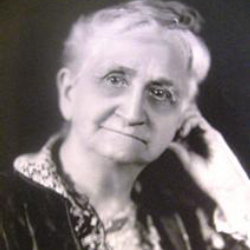Anna Garlin Spencer Quotations
Anna Garlin Spencer Quotes about:
-
-
-
-
-
-
-
-
Opportunity Quotes
Prostitution requires for its diminution not only laws, well enforced, to abolish the traffic in womanhood; not only better social protection against harpies who seduce young girls seeking an honest livelihood; not only better chaperonage of young girls in exposed occupations; not only better opportunities for natural enjoyment of youthful pleasure under morally safe conditions; not only these - but most of all, greater power on the part of the average young girl to earn her own support under right conditions and for a living wage.
-
Hurt Quotes
Women of a selected class, by the use of slaves and servants have become inactive, the mere recipients of values, no longer creators but "feeding on unearned wealth." This hurts their nature and debases the social fabric. If a woman does no labor in her home which could properly make her self-supporting outside that home she is in duty bound to do something outside her home to justify her claim to support.
-
Drama Quotes
The universal social pressure upon women to be all alike, and do all the same things, and to be content with identical restrictions, has resulted not only in terrible suffering in the lives of exceptional women, but also in the loss of unmeasured feminine values in special gifts. The Drama of the Woman of Genius has too often been a tragedy of misshapen and perverted power.














